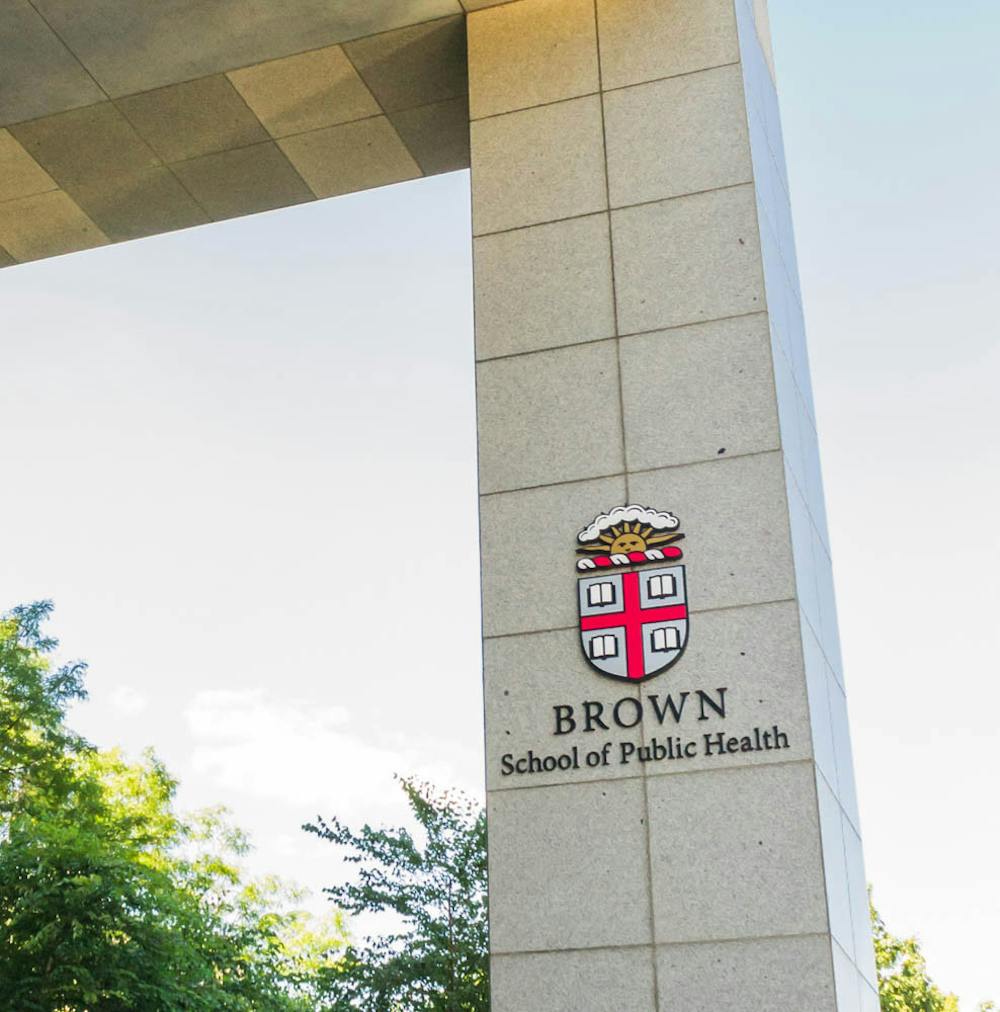At a virtual event Thursday, University public health and medical experts discussed the impact of the pandemic on the 2020 election and public health’s lasting importance at the federal, community and individual levels moving into the next presidential administration. At the time of the event, President-elect Joe Biden had not yet been announced as the projected winner of the election.
“Election Aftermath: Public Health in the U.S.,” pulled in upwards of 200 attendees, according to Dean of the School of Public Health Ashish Jha. The panel, which was sponsored by the School of Public Health, featured Associate Professor of Medicine and Health Services, Policy and Practice Megan Ranney, Associate Professor of Behavioral and Social Sciences and Psychiatry and Human Behavior Judson Brewer, Associate Professor of Epidemiology Brandon Marshall and Health Services, Policy and Practice student Kathryn Thompson GS.
The 2020 election occurred in the midst of the COVID-19 pandemic, “the public health crisis of the century,” as Jha called it.
Because of the pandemic’s impact on the American healthcare system and economy, the field of public health, previously unfamiliar to some Americans, has occupied the national spotlight for the past nine months, Ranney said.
Ranney had hoped that voters would take into account the importance of public health policy to combat the virus when casting their ballot. But the close results, she said, imply that it was less of a factor than she had anticipated.
“For about half of America, this (election) really was about the pandemic, but for about half of America it was not,” Jha told The Herald after the event. This left the question of what factors, like misinformation, shape these different perspectives, he added.
“We need to step up even more strongly,” Ranney said during the event. “We have to recommit to our information strategies. We have to double down on those efforts to make science comprehensible and empowering to the average American.”
The panelists voiced the need for more effective dissemination of information. They attributed the spread of misinformation in part to the failure of the Trump administration to uphold the opinion of Dr. Anthony Fauci, director of the National Institute of Allergy and Infectious Diseases, and other public health experts who have stressed the need for social distancing, mask-wearing and other risk-reducing measures.
The spread of this misinformation is perpetuated by fear, Brewer said, which can be exacerbated by anxiety, depression and other mental health struggles. Fear can inhibit parts of the mind involved in rational thinking, impeding one’s ability to think critically about the information they receive and whether or not it’s legitimate news.
“We need to restore public faith in public health, data, statistics and interventions … and dispute a narrative some individuals may have about the virus not being serious or contagious,” Thompson said. Thompson stressed engaging and educating individuals at the local level to “shape the message” about the importance of protecting not only themselves but also their communities — and especially marginalized communities and communities of color — from the virus.
Ranney spoke to the significance of public-private partnerships and working directly within communities to “create change that people actually want, that makes sense to them, that resonates with their values.” She said that although Americans are very individualistic, “on an individual-community level, collectivism is very real and present in just about every community across the U.S.”
COVID-19 has hit underserved populations, such as communities of color and rural populations, the hardest, according to Marshall. People might not comply with regulations like stay-at-home orders if they live in unsafe environments or live in low-income neighborhoods, where residents are more likely to hold essential jobs, Marshall added.
“When we’re saying stay at home, that's predicated on having a home in the first place,” Marshall said. “Our huge social inequalities in this country make it extraordinarily difficult for some people to enact the public health measures that experts are recommending.”
Marshall implored the new administration to look broadly at the racial, class and social inequities that COVID-19 has exacerbated, identify policies that discriminate against these groups and enact new policies to provide necessary assistance.
Despite the ongoing challenges, the panelists expressed optimism about bringing people together to combat the pandemic and public health issues more broadly, even during a time of great political divide. “What this election showed me is that voters are willing to embrace humane, public-health-oriented approaches,” Marshall said.
“We are (a nation) where we can see the innovation, volunteerism and public spirit for the community around them absolutely shine bright,” Ranney said, “and I think that has been the most amazing thing about this pandemic for me.”

ADVERTISEMENT




